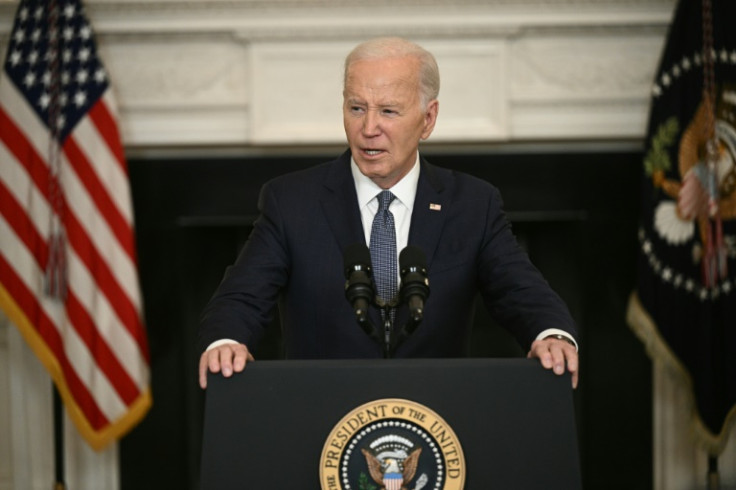
The recent presidential debate has tilted the political landscape in favor of Donald Trump, who now holds a narrow lead over President Joe Biden in both battleground states and nationwide. According to a CBS News poll, Trump has a 3-point advantage across key states and a 2-point lead nationally, highlighting a crucial shift in voter sentiment.
A significant factor contributing to this change is the motivation disparity between Democratic and Republican voters. The poll reveals that only 73% of Democrats say they will "definitely" vote in the upcoming election, compared to 82% of Republicans. This trend has raised concerns within the Democratic Party, as voter turnout is pivotal in such a closely contested race.
The debate effect
The debate reinforced the polarized nature of the electorate, with over 90% of Biden and Trump supporters remaining steadfast in their opposition to the other candidate. This deep-seated partisanship underscores the stability of the race over the past months, despite fluctuations in public opinion. Biden saw a brief uptick in support after Trump's felony convictions in New York, but this did not significantly alter the overall dynamic.
Electoral College projections now favor Trump, partly because half of Biden's 2020 voters believe he should not be running in 2024. This sentiment has led to reduced enthusiasm and an increased likelihood of these voters considering alternatives, including Trump or third-party candidates. Specifically, the CBS News poll indicates that 52% of Biden's previous voters do not think he should run again, impacting their likelihood to vote for him in the next election.
Republican enthusiasm
Republicans, buoyed by Trump's debate performance, are more energized and likely to vote. Independents, who remain a critical demographic, are now leaning slightly towards Trump. The heightened motivation among Republican voters, particularly in battleground states, strengthens Trump's position as the frontrunner.
When third-party candidates like Robert F. Kennedy Jr., Jill Stein, and Cornel West are included in national polling, Trump's lead over Biden widens to four points. Although Kennedy draws support equally from both major candidates, Biden loses more ground to Stein and West, further eroding his overall percentage.

One of the most pressing issues for Biden is his age. Although both Biden (81) and Trump (78) are older candidates, concerns about Biden's cognitive health have become more pronounced post-debate. The CBS News poll indicates that 71% of voters believe Biden should not be running due to his age, with even 40% of Democrats sharing this concern. This perception has been detrimental to Biden's campaign, as he trails Trump in qualities such as competence, toughness, and focus, though he is still seen as more compassionate.
Pressure over Michelle Obama
In this challenging environment, Michelle Obama emerges as a beacon of hope for many Democrats. Despite her repeated statements that she will not run for office, polling data shows she is the only Democrat with a significant edge over Trump. A recent poll indicates that Obama would lead Trump by 5 points if she were to run, underscoring the desire for a new and invigorating figure within the Democratic Party, one who can inspire and mobilize voters in a way that Biden currently struggles to achieve.

As the 2024 election approaches, Biden faces mounting challenges in maintaining voter enthusiasm and addressing concerns about his age and capability. The Democrats must strategize effectively to counter Trump's momentum and ensure a robust turnout, particularly in the decisive battleground states.
© 2024 Latin Times. All rights reserved. Do not reproduce without permission.







